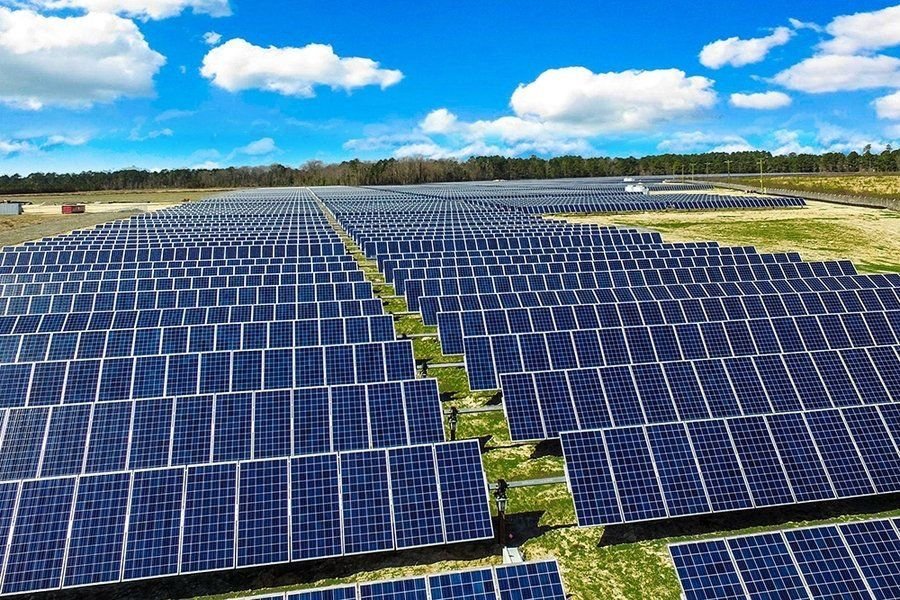The PM Kusum Yojana (Pradhan Mantri Kisan Urja Suraksha evam Utthaan Mahabhiyan) is a government initiative launched to promote the use of solar energy in the agricultural sector and reduce farmers’ dependency on conventional electricity and diesel. Under this scheme, farmers are encouraged to install solar-powered pumps and grid-connected solar power plants, which not only help in meeting their irrigation needs but also allow them to generate additional income by selling surplus power to the grid. The program aims to increase the share of renewable energy in India, cut down on fossil fuel use, and empower farmers by reducing their energy expenses while enhancing their livelihood opportunities. It plays a vital role in achieving sustainable agriculture and clean energy goals.
Key Benefits of PM Kusum Yojana
- Reduced Irrigation Costs – Farmers can use solar-powered pumps instead of diesel or electricity, cutting down on fuel and electricity expenses.
- Additional Income Source – Farmers can sell surplus electricity generated from solar plants to the grid, creating an extra source of income.
- Energy Independence – It reduces farmers’ dependence on traditional power supply and ensures reliable access to energy for irrigation.
- Environmental Protection – By promoting renewable solar energy, the scheme helps reduce carbon emissions and supports clean energy goals.
- Financial Support – The government provides subsidies to farmers for installing solar pumps and plants, making the scheme affordable.
- Water Conservation – Solar-powered pumps, when combined with efficient irrigation techniques, promote sustainable water use in agriculture.

